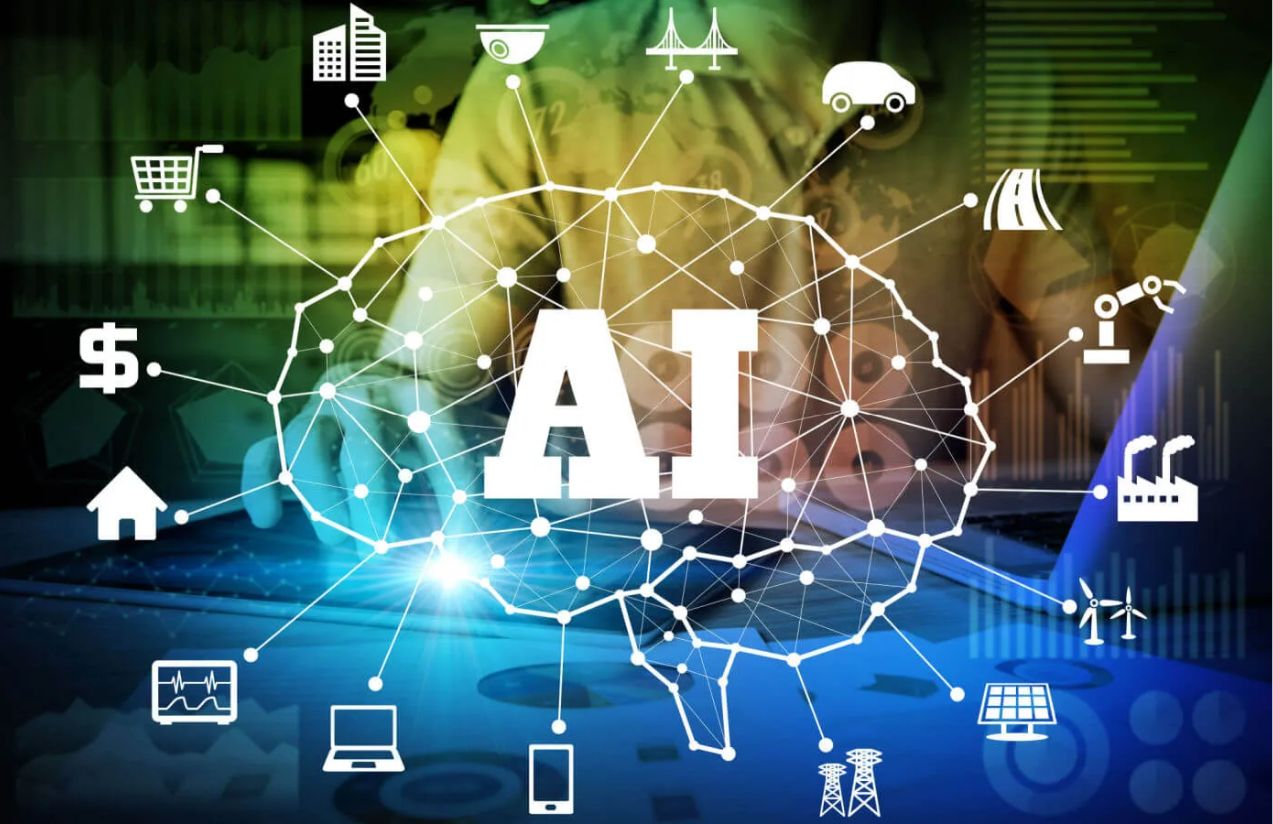A recent study by the Stanford Digital Economy Lab has shown how the accelerated adoption of artificial intelligence is disproportionately affecting workers in the early stages of their careers. Through the analysis of millions of payroll records updated to mid-2025, researchers detected a decline of between 13% and 16% in the employment of people aged 22 to 25 in occupations highly exposed to automation, such as software development, customer service, accounting, and administrative tasks.
Meanwhile, more experienced workers have not only maintained their jobs but in some cases have increased their presence in these same sectors. This is explained by the fact that AI still cannot replace the tacit knowledge accumulated through years of practice in the workplace.
The most significant declines have been observed in repetitive or highly systematized roles, while jobs where artificial intelligence acts as a support tool, rather than a replacement, have managed to maintain or even increase youth employment.
What does this trend mean for the future of young workers?
This scenario suggests that young professionals are losing key opportunities to gain experience, which could create a gap in their career progression. To counter this, it will be essential to rethink education, strengthen technical training programs, and promote skills that complement artificial intelligence instead of competing with it.

